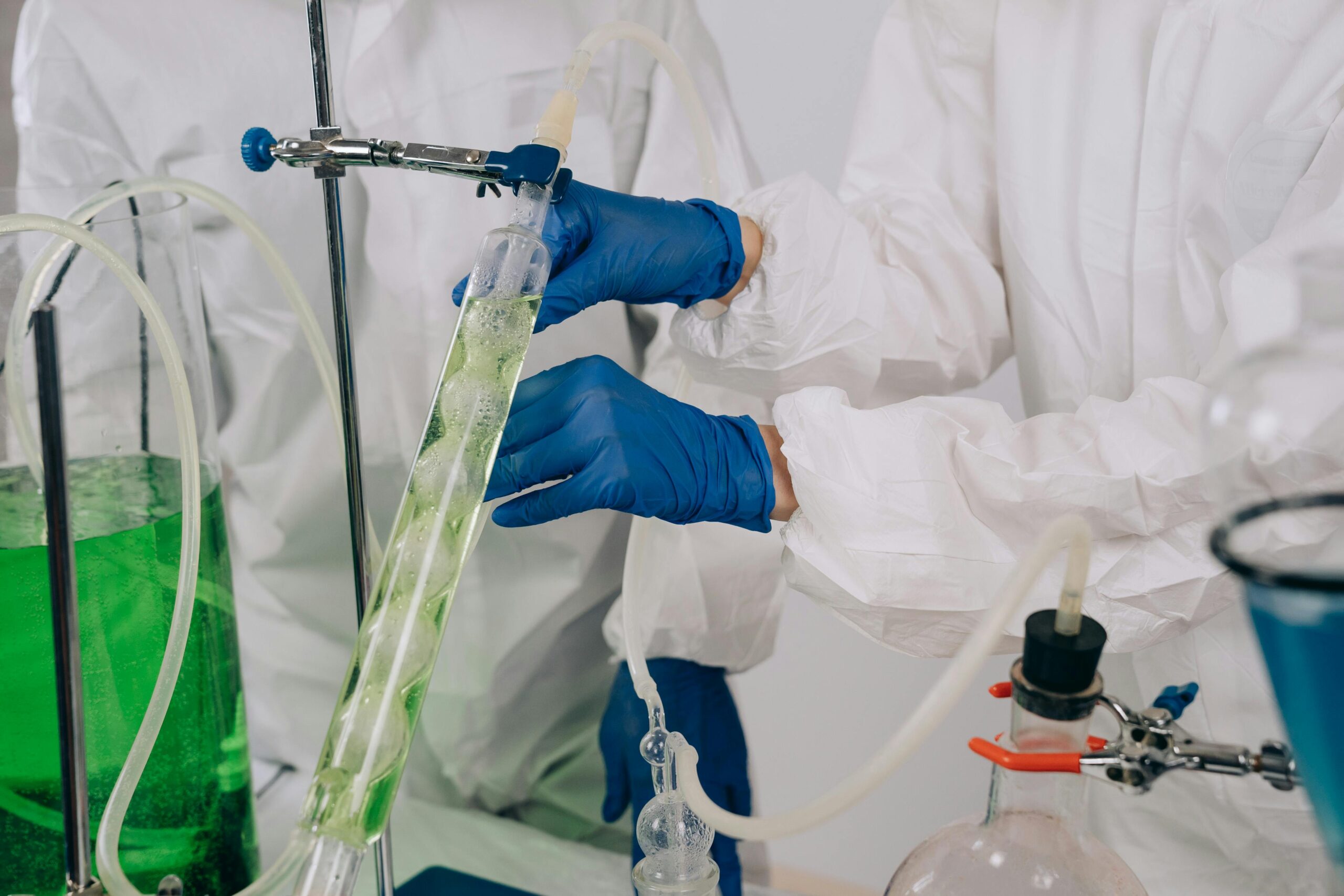In the ever-evolving landscape of chemical engineering, innovation and progress go hand in hand with challenges that test the ingenuity and resilience of professionals in the field. From sustainability imperatives to technological disruptions, the chemical engineering industry navigates a complex terrain where overcoming obstacles is not only a necessity but a driving force for positive change. In this article, we delve into the challenges and solutions that define modern chemical engineering, shedding light on the dynamic nature of the discipline and the creative approaches that shape its future.
1. Sustainable Practices: Balancing Profit with Planet
One of the foremost challenges in modern chemical engineering is the quest for sustainable practices. The industry is under increased pressure to minimize its environmental footprint, reduce waste, and prioritize green technologies. Chemical engineers are at the forefront of developing innovative processes and materials that promote sustainability, such as biodegradable polymers, renewable energy sources, and efficient waste management systems.
Solution: Embracing green chemistry principles, adopting circular economy approaches, and investing in research and development of eco-friendly alternatives.
2. Energy Efficiency: Navigating the Energy Transition
As the world shifts toward renewable energy sources, chemical engineers play a vital role in optimizing energy efficiency in various processes. This includes designing energy-efficient reactors, developing efficient separation techniques, and integrating renewable energy technologies into industrial operations.
Solution: Implementing energy-saving technologies, employing process integration techniques, and leveraging advanced computational tools for process optimization.
3. Technological Disruption: Embracing Industry 4.0
The advent of Industry 4.0, characterized by automation, data exchange, and artificial intelligence, presents both opportunities and challenges for chemical engineering. Integrating digital technologies into manufacturing processes requires upskilling the workforce and addressing concerns related to data security and privacy.
Solution: Embracing digitalization, investing in training programs, and implementing robust cybersecurity measures to ensure the seamless integration of Industry 4.0 technologies.
4. Regulatory Compliance: Navigating a Complex Landscape
Chemical engineering operates within a web of regulations and standards designed to ensure safety, environmental protection, and product quality. Staying compliant while navigating evolving regulations and standards can be a complex and resource-intensive endeavor.
Solution: Establishing robust compliance management systems, fostering a culture of safety and ethical conduct, and engaging in ongoing dialogue with regulatory authorities.
5. Global Supply Chain Disruptions: Mitigating Risks
Recent global events, such as the COVID-19 pandemic, have highlighted vulnerabilities in supply chains. Chemical engineers are tasked with ensuring a steady supply of critical raw materials and addressing challenges related to transportation, logistics, and procurement.
Solution: Developing resilient supply chain strategies, diversifying suppliers, and leveraging digital tools to monitor and manage supply chain disruptions.
6. Public Perception and Trust: Communicating Science to Society
Chemical engineering often intersects with public concerns about health, safety, and environmental impact. Bridging the gap between scientific knowledge and public perception is essential to build trust and foster a positive image of the industry.
Solution: Enhancing science communication skills, engaging with communities, and proactively addressing misconceptions through transparent communication.
Conclusion: Forging Ahead in a Dynamic Landscape
Modern chemical engineering is a dynamic and evolving field that thrives on overcoming challenges. As professionals confront sustainability imperatives, technological disruptions, and regulatory complexities, they also contribute to the development of innovative solutions that shape industries, enhance quality of life, and drive positive change. By embracing a spirit of innovation, collaboration, and adaptability, chemical engineers are not only surmounting challenges but also paving the way for a more sustainable, efficient, and prosperous future.















